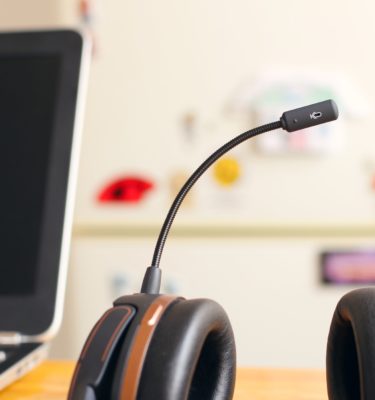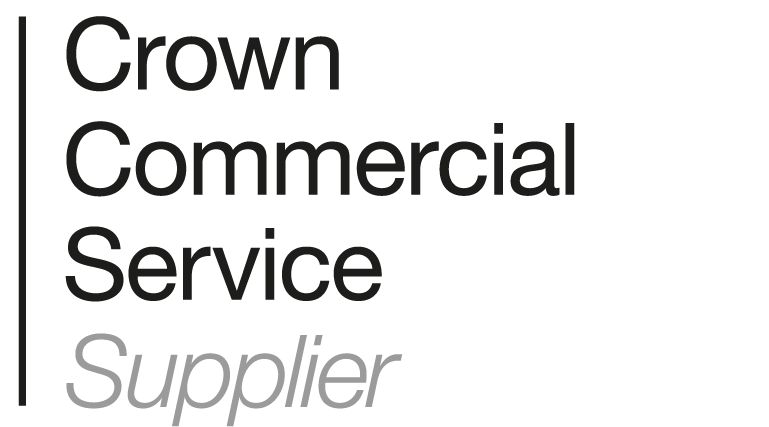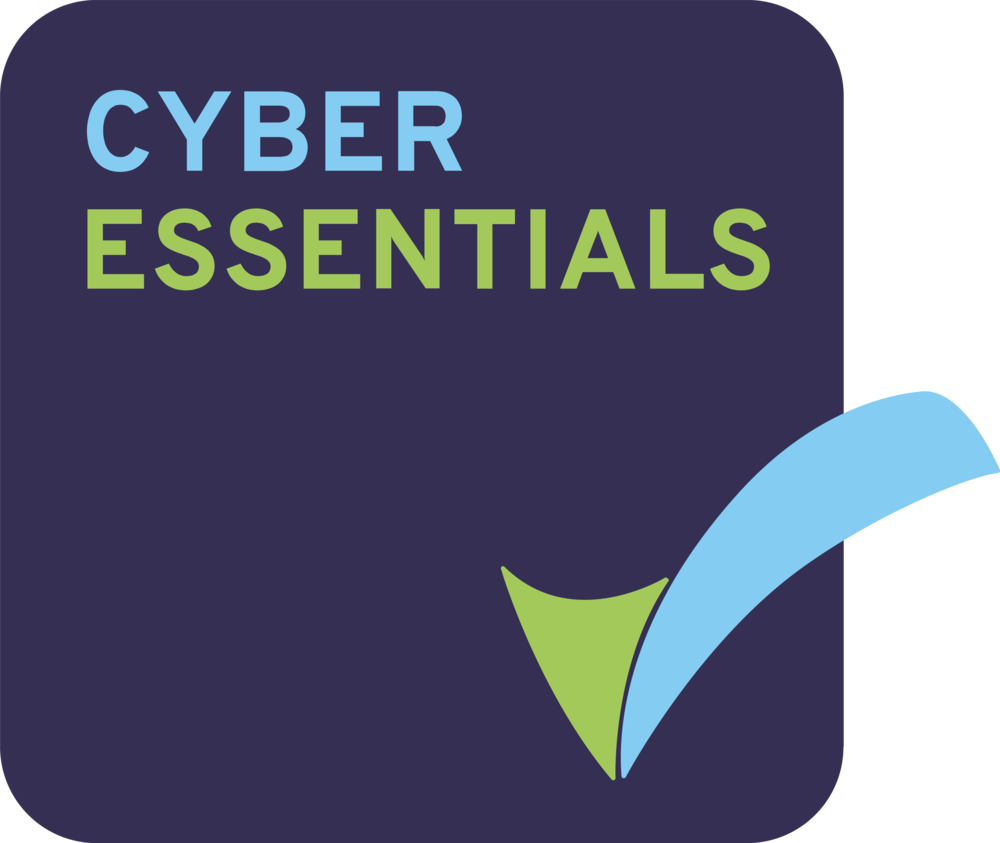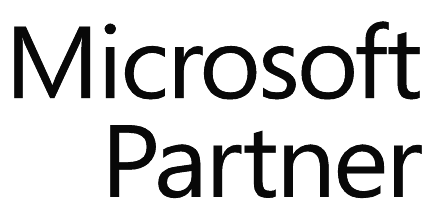Business Call Recording Laws and Regulations in the UK
*Please note – You will be subjected to different Call Recording regulations depending on whether you are a business or an individual.
1. Is it legal to record phone calls, and what are the laws in the UK?
The interception, recording and monitoring of telephone calls is governed by a number of different pieces of UK legislation. The main being:
- Regulation of Investigatory Powers Act 2000 (“RIPA”)
- Telecommunications (Lawful Business Practice) (Interception of Communications) Regulations 2000 (“LBP Regulations”)
- Data Protection Act 1998
- Telecommunications (Data Protection and Privacy) Regulations 1999
- Human Rights Act 1998
Under the Regulation of Investigatory Powers Act 2000 (RIPA) it is legal for individuals to tape conversations, provided the recording is for their own use. However, legislation states that sharing information without consent, to a third party is a breach of this law. The General Data Protection Regulation (GDPR) was created as a guide on the safe sharing of data.
1.a Will GDPR still apply to call recording after Brexit?
Though the UK is set to leave the EU, the regulation will still apply during the transition period or throughout any extensions. Companies will also need to stay compliant if they are going to continue doing business with EU companies in order to avoid fines.
For more information on Brexit and GDPR
Despite Brexit, not much will change legally in terms of Call Recording after the UK exits the EU. Moreover, there are a number of standalone UK laws to protect data privacy containing similar clauses to GDPR:
According to the Data Protection Act 1998, and the updated 2018 Act, to record a corporate phone call where either party is identified, the caller has to:
- Inform the other party how the recording will be used
- Obtain permission for the call to be recorded
- Data to be kept in a secure location yet accessible when requested
2. Why record calls and how are they used?
Call Recording is used for a number of different reasons. Every organisation or individual will have specific needs they are trying to fulfil by recording calls.
From a business perspective, Call Recording can help a business comply with compliance regulations, pass legal controls, resolve potential disputes with customers as well as support with employee training and customer quality assurance.
Call Recording uses:
- Provide evidence of a business transaction
- Ensure that a business complies with industry standards and regulatory procedures
- See that quality standards or targets are being met
- Protect national security
- Prevent or detect crime
- Investigate the unauthorised use of a telecommunications system, or
- Secure the effective operation of the telecommunications system.
- Training purposes
- Quality Monitoring
- Fact verification
If you want to find out more about Call Recording, check out this article:
5 Benefits of Having a Call Recording System
3. Is it ethical to record a call?
Legislation attempts to establish what ethical Call Recording and data storage should look like. The law stipulates that call recordings must be kept private and only be obtained in cases of public or business interests. For all other types of call recording, it is important to obtain consent to record, and store that data.
When non-ethical Call Recording takes place, it is serving one party’s interest. Third party interception are also forbidden in the UK under the Interception of Communications Act 1985.
4. Conversation recording on my home phone, is this legal?
Yes – the relevant law, RIPA, does not prohibit individuals from recording their own calls as long as the recording is for their own use. Recording without notification is prohibited where some of the contents of the communication—a phone conversation or an e-mail—are made available to a third party, i.e., someone who was neither the caller or sender, nor the intended recipient of the original communication.
5. Do I have to let people know that I intend to record their telephone conversations with me?
Depending on what you intend to do with the call recording, you may need to let the person know that you are recording the conversation.
Recording a conversation in secret is not a criminal offence and is not prohibited. As long as the recording is for personal use and won’t be shared with anyone else, you do not need to obtain consent or let the other person know. Things change if the matter is addressed with a claim for damages, or if the recordings have been shared without the consent of the participant. Even worse, if the recording is sold to third parties or released in public without the consent of the participants, then this could be considered a criminal offence.
Journalists, on the other hand, often record conversations in secret that they then publish without facing any legal problems. That is because they make sure to either obtain consent or argue that the recordings are in the public’s interest.
6. Can a private call recording be submitted as evidence in court?
A private recording can be submitted as evidence, but with some conditions:
- A recording may be relied on in evidence if the court gives permission
- An application for permission should be made on form C2
- The recording should be made available to other parties before any hearing takes place, to consider its admissibility
- Covert recordings of children should rarely, if ever, be admitted as evidence, according to section 13(4) of the Children and Families Act 2014
7. Can a business or other organisation record or monitor my phone calls?
Yes – they can, but only in a limited set of circumstances relevant for that business, which have been defined by the LBP Regulations. The main ones are:
- Provide evidence of a business transaction
- Ensure that a business complies with regulatory procedures
- See that quality standards or targets are being met
- Protect national security
- Prevent or detect crime
- Investigate the unauthorised use of a telecommunications system
- Secure the effective operation of the telecommunications system
In addition, businesses can monitor, but not record, inbound calls or e-mails that have been received, to see whether they are relevant to the business; for example, open an employee’s voicemail or mailbox systems while they are away to see if there are any business communications stored there. For further information see the DTI website where the LBP Regulations are posted.
However, any interception of employees’ communications must be proportionate and in accordance with Data Protection principles. The Information Commissioner has published a Data Protection Code on “Monitoring at Work”. The Code is designed to help employers comply with the legal requirements of Data Protection Act 1988.
Any enforcement action would be based on failure to meet the requirements of the act – however relevant parts of the code are likely to be cited in connection with any enforcement action relating to the processing of personal information in the employment context. Accordingly, this Code of Practice and the Data Protection Act must also be considered by any business before it intercepts employees’ communications.
Related Content [Whitepaper]
Call Recording Installation Checklist
8. Do businesses have to tell me if they are going to record or monitor my phone calls?
Advertisements that invite calls to a given number, whether the advert appears as a poster, on television, radio or in the print media, frequently carry a message to the effect that calls may be recorded for monitoring and quality purposes. Warnings can also be given in literature, terms and conditions, letterheads and on websites.
Nonetheless, businesses are under no obligation to inform you if they are recording calls for any of the following reasons:
- Provide evidence of a business transaction
- Ensure that a business complies with regulatory procedures
- See that quality standards or targets are being met in the interests of national security
- Prevent or detect crime to investigate the unauthorised use of a telecommunications system
- Secure the effective operation of the telecommunications system
However, if businesses want to record for any other purpose, such as market research, they will have to obtain your consent. You may find it interesting that Ofcom themselves do not give any announcement that calls may be recorded. They do however, advertise it on their website as: ‘Please note that calls to the Contact Centre may be monitored or recorded’.
9. Can an employer record calls without telling me?
Generally, employers need the consent of employees before they can lawfully monitor communications at work e.g., email, internet use and telephone conversations. To listen to your employees’ telephone calls without their consent is likely to be a breach of data protection legislation.
This is because monitoring is seen to be intrusive and employees have a right to expect certain levels of privacy, even at work. To be able to treat personal calls as a disciplinary issue, the employer must clearly state that personal calls on company telephones are not permitted.
10. Can you access a company’s call recordings?
Although it is rarely used these days, customers have a legal right to apply to be given a copy of these recordings. Under the Data Protection Act, there is a standard right to apply to those organisations which hold personal information about you. This is known as a ‘subject access request’ (i.e., you’re asking to be sent information about yourself). This applies to private companies as well as public organisations.
11. How long can call recordings be kept for?
The length of time an organisation will be required to keep call recordings for, will depend largely on the industry they operate in.
There is a distinct lack of clarity on retention periods for call recordings in the financial services market, with time periods varying from 6 month to 25 years depending on the circumstances.
Retention periods are extremely important for organisations to follow as failure to deliver call recordings when required, can result in unfavourable litigation, costing an organisation millions in terms of legal costs and reputational risk.
To find out more about Call Recording retention, check out our article:
All You Need To Know About Call Recording Retention & Retrieval
12. Factors in the growth of call recording
Several factors have contributed to the growing practice of recording or monitoring telephone conversations in the workplace in recent years. Within the financial services sector it has become widely accepted, even where it is not strictly a regulatory requirement. As well as this, the contact centre industry brings significant expansion in the amount of business being carried out via telephone. The need to ensure customer satisfaction, train and supervise contact centre staff, achieve quality targets, and have a record of what was said in the event of a subsequent dispute – have all inevitably led to the widespread monitoring and recording of calls.
Call Recording Rules
Where organisations feel it necessary to record or monitor calls – the rules under which they do so have been set by the Privacy of Messages condition, of the major two telecoms class licences – the Self-Provision (SPL) and Telecommunication Services (TSL) Licences. The most fundamental requirement of this condition has been that every reasonable effort is made, to inform all parties that a telephone conversation may be recorded.
Here is an extract of the relevant section of the SPL/TSL:
The Privacy of Messages condition of the Self-Provision Licence (SPL) and the Telecommunication Services Licence (TSL)
(7.1) The Licensee shall not use or allow to be used any Apparatus comprised in or connected to the Applicable Systems (except for Apparatus connected to or comprised in the Applicable Systems for the purpose of law enforcement or in the interest of national security) which is capable of recording, silently monitoring (except for monitoring where the meaningful content of the Message is not monitored) or intruding into Live Speech Telephone Calls, unless he complies with paragraphs 7.3 and 7.4. This paragraph shall not apply if the Licensee is an Emergency Organisation or if the Director has consented to the Licensee not complying with any or all of paragraphs 7.3 and 7.4 and has not withdrawn that consent.
(7.2) The provisions of each consent given under paragraph 7.1 shall be entered in the register kept by the Director for the purpose of section 19 of the Act.
(7.3) The Licensee shall make every reasonable effort to inform parties to whom or by whom a Live Speech Telephone Call is transmitted before recording, silent monitoring or intrusion into such Call has begun that the Live Speech Telephone Call is to be or may be recorded, silently monitored or intruded into.
(7.4) The Licensee shall maintain a record of the means by which parties to whom or by whom a Live Speech Telephone Call is transmitted have been informed that such Call is to be or may be recorded, silently monitored or intruded into. The Licensee shall furnish to the Director such information on request.
How does Ofcom explain what the above rules mean?
The following is a verbatim extract from “Explanatory Guide to the Self Provision Licence (SPL) and the Telecommunications Services Licence (TSL)”:
“18. The condition provides that you should make every reasonable effort to inform all parties to a call that it may or will be recorded, silently monitored or intruded into. The particular means by which you choose to do this are not specified in the condition. Acceptable options, depending on circumstances, might include warning tones, pre-recorded messages, spoken warnings by the operator or written warnings included in publicity material, telephone directories, contracts, terms of business, staff notices, etc. It may not always be possible to warn first-time callers with whom you have had no previous contact but what is important is that you have a systematic procedure in place which provides the necessary information wherever this is a realistic possibility.”
At the beginning of the guide Ofcom state that they offer “a helpful interpretation of the licences” that has “no legal standing of its own” and “while it is Ofcom’s responsibility to enforce licence conditions, their interpretation is ultimately a matter for the courts.” Nevertheless, as they say themselves, Ofcom are the body responsible for enforcing these conditions and from the italics that we have put in you can see how flexible Ofcom are in this matter.
For more information on Call Recording technology, or for a quote –
Get in touch with the BSL team















